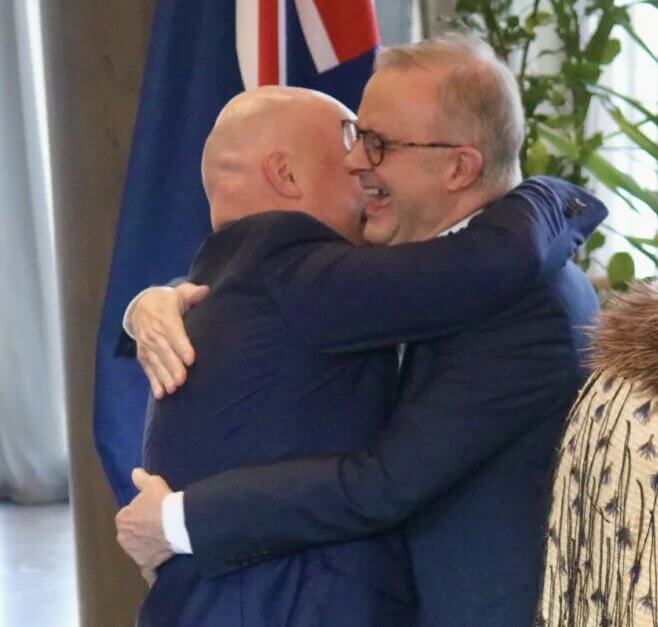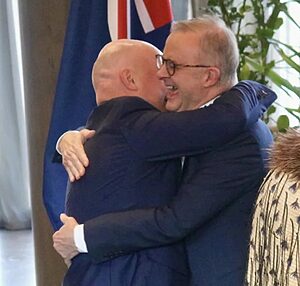Summarised by Centrist
Air New Zealand has abandoned its 2030 carbon reduction targets and withdrawn from the Science Based Targets initiative, citing delays in acquiring fuel-efficient planes and the high cost of alternative fuels.
The airline initially aimed to cut carbon intensity by nearly 30% by 2030 but now finds this target unachievable.
Sam Dean, a principal climate scientist at NIWA, remarked, “Reducing emissions in aviation is one of the biggest challenges,” noting the airline’s dependence on factors like plane availability and biofuel costs.
“It’s just always the case, that aviation was extremely difficult, and it’s probably the last problem we’re gonna be able to solve because electric planes are not really yet feasible,” he told NewstalkZB.
Dean argued the need for emission reductions in other sectors, such as electric vehicles and rail electrification, to compensate for aviation’s shortfall.
He was concerned that, “Other companies might feel emboldened by Air New Zealand’s pullback, questioning their own commitments.”
Editor’s Note: This kind of situation is not unique to Air New Zealand; many organisations publicly announce ambitious climate targets but later find them difficult to achieve. If this trend hasn’t caught your attention before, it means you might not have been closely observing how often these ambitious goals are set and then not met.



















